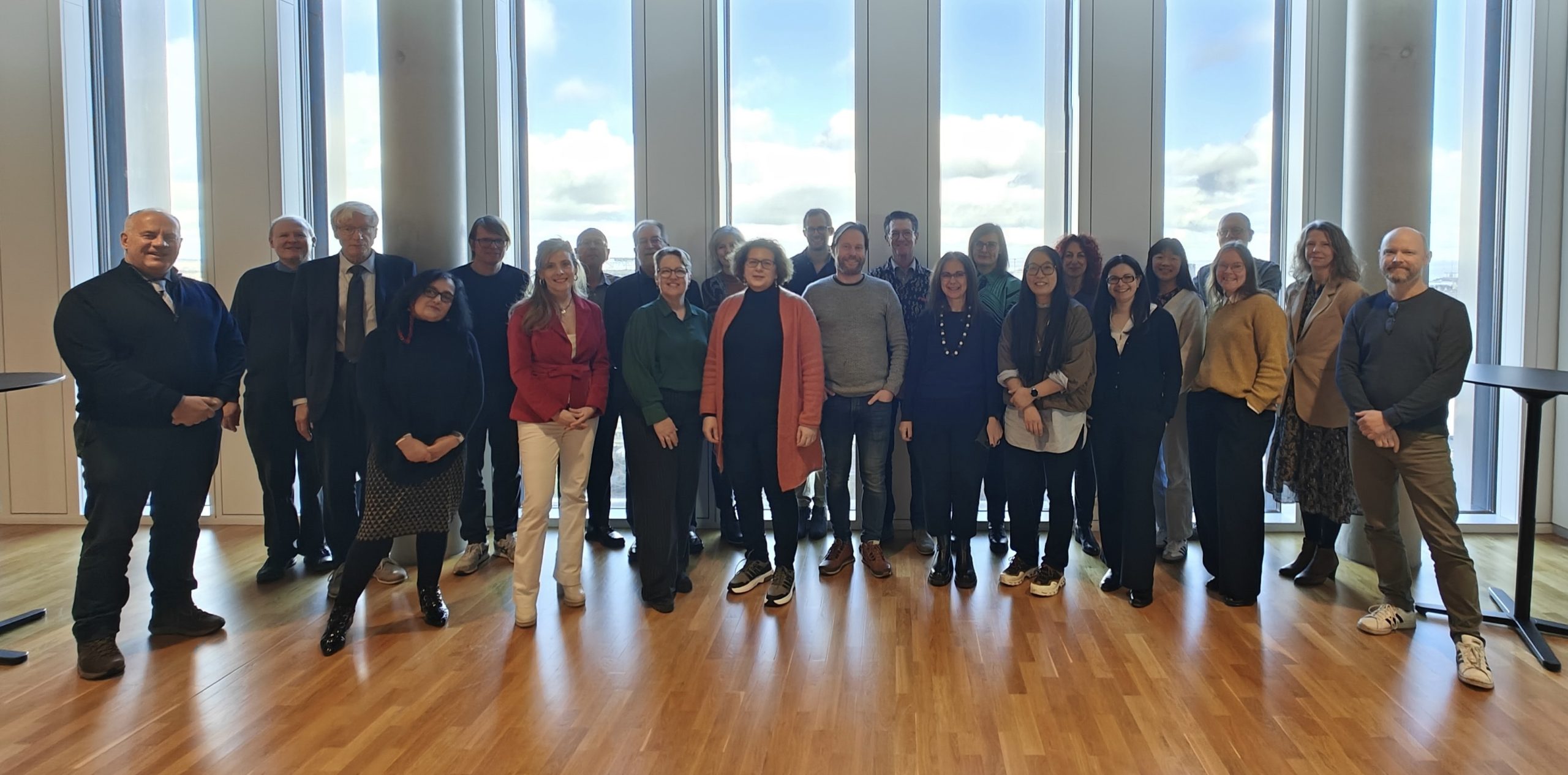European Commission funds research to tackle long-term COVID-19 health impact
Press Release -
The POINT project seeks to develop innovative strategies for the prevention and management of non-communicable diseases that arise as complications during the post-acute phase of COVID-19.
The POINT project, a research initiative addressing the long-term health consequences of COVID-19, was launched on 1 January 2024. Designed to focus on the post-acute phase of the disease, which occurs months after the infection, the project seeks to develop innovative strategies for the prevention and management of non-communicable diseases that arise as complications during this phase.
Despite the acute phase of COVID-19 being the primary focus of global healthcare systems, evidence suggests that the post-acute phase poses a significant risk for the emergence of non-communicable diseases affecting pulmonary, cardiovascular, and renal systems. With over 183 million reported cases in the EU and up to 70% of patients experiencing reduced organ function post-infection, there is a critical need to address these long-term impacts. The POINT project aims to mitigate the socio-economic costs associated with these health challenges by introducing advanced biomarkers, a virtual twin model for clinical support, and comprehensive guidelines for healthcare providers.
“It is commonly believed that once you stop displaying the primary symptoms of an infectious disease, you are healthy and expected to promptly resume your job and societal duties with the same vigour as before falling ill” says POINT Coordinator, Claus Desler, from the Copenhagen University. “However, the COVID-19 pandemic has unveiled a different reality. We now understand that the effects of this disease can persist for many months beyond the acute phase, impacting not only immediate health but also worsening the risk of chronic non-communicable diseases. This realisation underscores the need for a more comprehensive approach to managing the aftermath of COVID-19 and other severe infectious diseases in general. With POINT we will give a better understanding of the post-acute phase of COVID-19 and develop tools and guidelines that will help minimise risk of long-term consequences following COVID-19 and other severe infections”.
“It is important for these endeavours to gain traction and advance scientific understanding,” says Chiara Palazzetti, Project Manager Officer from Fondazione ICONS. “We will therefore support the project in sharing its results and we will engage with stakeholders such as physicians and general practitioners. The aim is to get the healthcare community to adopt the procedures and guidelines on a large scale for better patient outcomes.”
POINT assembles an interdisciplinary team, leveraging the expertise of clinical, molecular, and behavioural scientists alongside computer scientists. The consortium will access extensive cohorts and biobanks, encompassing data from over 6 million Europeans, to drive their research. This collective effort is poised to deliver a transformative impact on how post-COVID health challenges are understood and managed.
The project is particularly significant as it addresses a gap in the current healthcare response to the COVID-19 pandemic, focusing on the post-acute phase which has, until now, been relatively underexplored.
By prioritizing the development of clinical guidelines and decision-support tools, POINT will provide crucial support to over 120,000 physicians and the broader healthcare value chain.
For further information on the project, please contact:
Project coordinator:
Claus Desler, University of Copenhagen, cdesler@sund.ku.dk
Communication Manager:
Serena Cogoni, Fondazione ICONS, serena.cogoni@icons.it
Funded by the European Union. Views and opinions expressed are however those of the author(s) only and do not necessarily reflect those of the European Union or the European Health and Digital Executive Agency (HaDEA). Neither the European Union nor the granting authority can be held responsible for them.
This work has received funding from the Swiss State Secretariat for Education, Research and Innovation (SERI)
